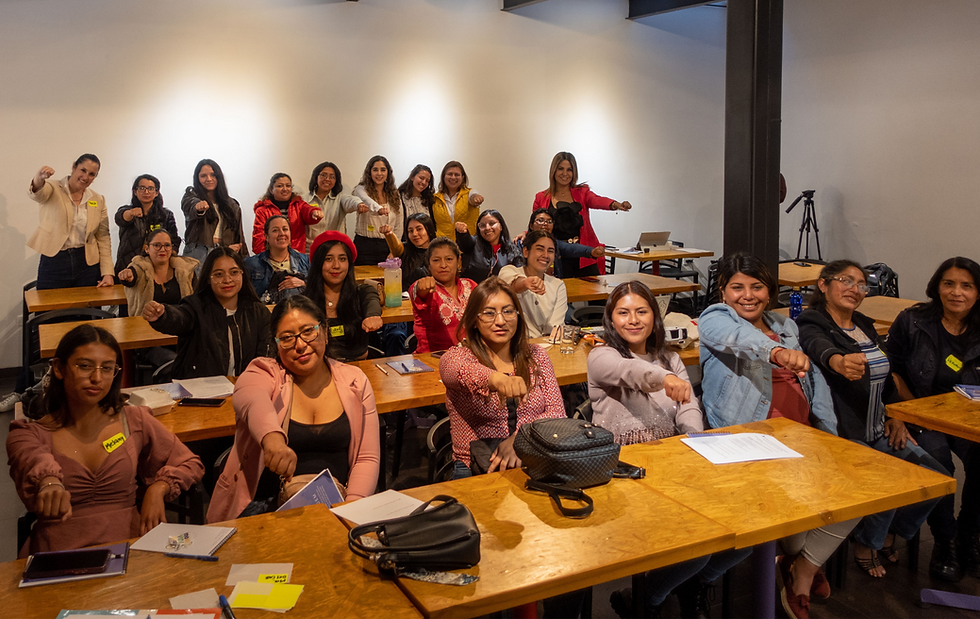Electric mobility today: driving urban transformation
- Thamires Pecis

- Jul 1, 2025
- 2 min read
When we talk about electric mobility, most people quickly think of electric cars. But the truth is, they’re just a small part of the story. Electric mobility goes far beyond private vehicles; it is about changing the way we move, the way our cities work, and the way we build a more sustainable future.
Urban transformation isn’t just about electric cars or light vehicles. It’s about improving public transport, making last-mile logistics cleaner, encouraging the use of electric bikes and scooters, and expanding shared mobility solutions like Bus Rapid Transit (BRT) systems. Electric mobility is a chance to rethink how we live in our cities, making them more inclusive, more accessible, and better for the planet.

Why electric mobility matters for cities
Electric vehicles produce a lot fewer greenhouse gas emissions compared to diesel or gasoline-powered cars. This helps clean the air we breathe and makes our cities quieter and healthier.
But the benefits don’t stop there. Electric mobility plays a big role in building cities that are better for everyone. It’s about public health, better urban spaces, and tackling climate change. Electric cars are part of the solution, but we also need to rely less on private cars. Choosing public transport, cycling, or walking should be easier and safer for people.
How UEMI is driving the change
At UEMI, we’re working to make electric mobility something that’s accessible, inclusive, and meaningful. Through international partnerships, local cooperation, and innovative projects, we support cities in building low-carbon, people-centered mobility systems.
One of these projects is eBRT2030, which helps cities around the world electrify their Bus Rapid Transit systems — bringing cleaner, high-capacity public transport to more people. With Strength_M, we’re working side by side with cities to advancing sustainable road transport by identifying research needs and fostering global collaboration.

In Ecuador, the E-Moviliza initiative is showing what’s possible. The project is a national initiative in Ecuador that promotes low-carbon electric mobility to reduce emissions, fossil fuel use, and air pollution. It combines policy support, pilot projects, and gender-inclusive approaches to enable long-term, sustainable transport solutions. Daniel Bonilla, Local Technical Researcher and part of the E-Moviliza project, says that the co-benefits from electric mobility go beyond cleaner transportation.
“Health improvement and noise reduction improve life quality for citizens; new circular businesses models can also be createad. E-Moviliza enhances into creating greener and liveable cities.”
In Europe, the Smart Corners project is revolutionizing electric vehicle design by integrating AI-driven, user-centric smart corner systems with in-wheel powertrains, aiming to enhance energy efficiency, comfort, and sustainability across Europe’s next-generation EVs. “SmartCorners is a part of a bigger shift in electric mobility. The project can help cities move cleaner, safer, and smarter by making electric vehicles more efficient and comfortable.”, says Adhi Triatmojo, part of the Smart Corners team.
Electric mobility is now
How can we make electric mobility more accessible, more inclusive, and truly transformative? That’s the question that guides our work at UEMI.
Electric mobility is not just a promise for the future, it’s happening now. Cities are electrifying public transport, companies are transitioning their fleets, and people are choosing cleaner, smarter ways to move.




Great insights, Thamires! 🌍 Electric mobility truly represents the future of sustainable cities, but as we move toward cleaner transportation, reliable backup energy solutions remain essential. For instance, finding a trusted diesel generator service near me ensures consistent power supply for charging infrastructure, public transport hubs, and critical facilities during outages. Balancing electric innovation with dependable energy support will make urban transformation smoother and more resilient. ⚡🚗